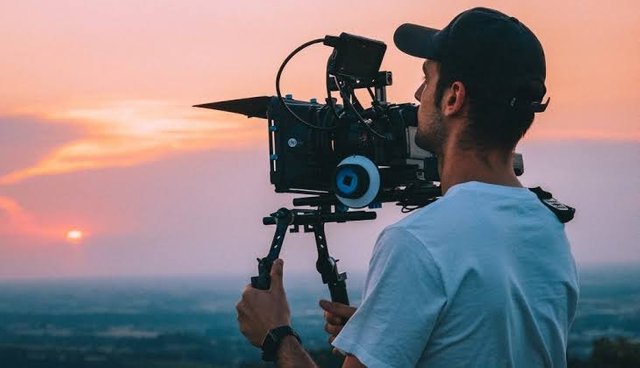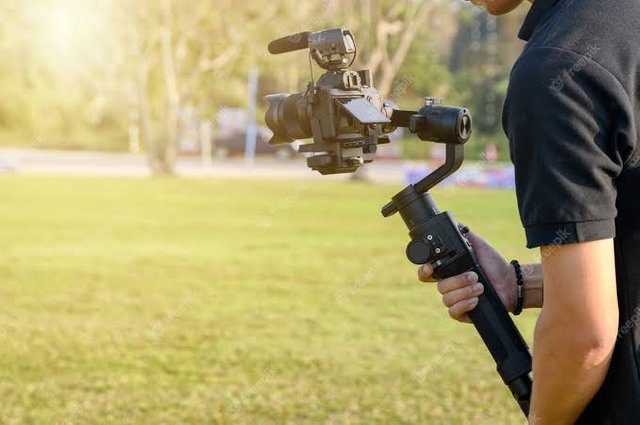Get Your Perfect Video Shoot just follow this simple tips and tricks
Videography is the art of capturing moving visuals to tell a story or convey a message. Whether you're a beginner or an experienced videographer, these tips can help you improve your videography skills:
Plan Your Shots: Before you start shooting, have a clear plan for the video. Create a shot list and storyboard to organize your ideas and ensure you capture all the necessary footage.
Use a Tripod or Stabilizer: To avoid shaky footage, use a tripod or a stabilizer. Smooth camera movements can significantly enhance the overall quality of your video.
Mind Your Composition: Pay attention to the rule of thirds, leading lines, and framing. Compose your shots thoughtfully to create visually appealing and engaging footage.
Utilize Natural Lighting: Whenever possible, shoot in natural light. It's flattering and provides a more authentic look to your videos. If shooting indoors, use soft lighting to avoid harsh shadows.
Set the Right White Balance: Adjust your camera's white balance according to the lighting conditions to ensure accurate color representation in your footage.
Maintain Proper Focus: Keep your subject in focus throughout the shot. Use manual focus if necessary, especially in situations with challenging autofocus conditions.
Use Manual Exposure: Take control of your camera's exposure settings (aperture, shutter speed, ISO) to get the desired look for your video.
Record High-Quality Audio: Good audio is essential for professional videography. Invest in a quality external microphone or record audio separately if needed.
Incorporate B-Roll: B-Roll footage complements your main shots and adds depth to your video. Capture relevant cutaway shots to use during editing.
Pay Attention to Pacing: Consider the pacing of your shots and their sequence. Properly timed cuts can maintain viewers' interest and create a dynamic flow.
Keep It Simple: Avoid cluttering the frame or adding unnecessary elements. Simplicity often leads to more powerful and impactful visuals.
Edit with Precision: Post-production is crucial for videography. Use video editing software to trim clips, apply transitions, add music or voiceovers, and fine-tune color grading.
Respect Copyrights: When using music, images, or footage from others, ensure you have the appropriate licenses or permissions to avoid copyright issues.
Learn from Others: Watch videos from experienced videographers to learn new techniques and gain inspiration for your own projects.
Practice and Experiment: Videography is an evolving skill. Keep practicing, trying new things, and learning from your mistakes to continually improve your craft.
Remember that videography is both an art and a technical skill. With time and dedication, you can develop your own style and create compelling videos that resonate with your audience.
.jpeg)
.jpeg)